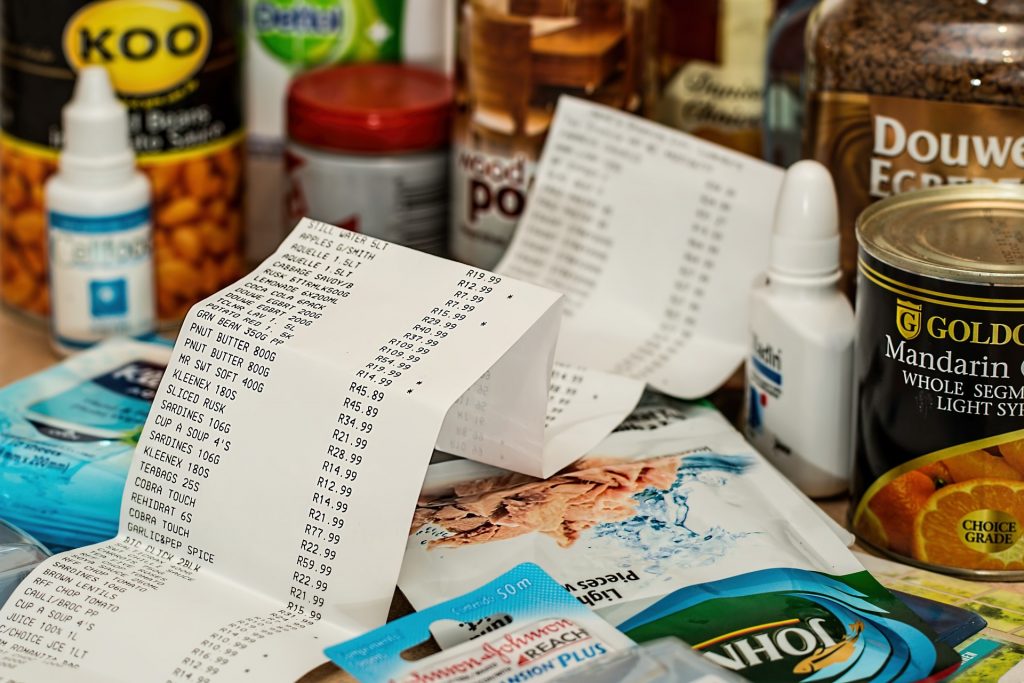I was on a flight back home from Crete, my stomach was rumbling like never before. I hadn’t eaten for hours and still faced a gruelling flight back. I turned to the air hostess to inquire about the unlikely event of having vegan friendly food on-board and, to my not-so-surprise, nothing. The cereal bars had milk powder in, as did the Pot Noodles, the powdered soups and the crisps (cow’s milk in dried potato snacks?). This wasn’t the first time I had been witness to superfluous dairy substances creeping into what may appear as vegan friendly food, but this was all the more distressing.
The Vegan Society, following a recent study, estimates that there are over half a million vegans currently living in Britain alone. For many businesses, this is over half a million more customers that, due to their idle assembly, end up avoiding their products.

Let me address what might at first seem like rather frivolous examples, but do bear with me. The Pot Noodle range has many flavours, all tasting rather indistinguishable yet some contain milk powder while some do not. The old ‘Jammie Dodger’ biscuits used to be vegan (very delicious) but now contain milk powder – one must question the necessity of this in a time of environmental woe.
This pattern is pervasive across shelves, and with the supply of these products left to the uninformed consumer, this will cease to ameliorate. One incentive that would quickly spark a change however, is a small tax on dairy goods. Not only will this force many businesses to easily make small adjustments to their ingredients, but it will also provide a huge source of revenue for the government, which can be used to subsidize sustainable companies or invested in a more green economy.
Let us enter the broader argument and make some international comparisons. Mexico, with its 70% obesity rate, introduced a sugar tax to try and crack down on this rampant epidemic and used the revenue to fund healthier dietary options in schools including free bottled water to deal with what seems like a rabid obsession with fizzy drinks. Since then, a decrease of sugary drinks purchased has averaged to a 7.6% drop over the two year period following the policy implementation.
 (This graph shows a correlation between and increase in price of certain products and a decrease in their consumption. Source: Nature Climate Change, Oxford Martin Programme on the Future of Food, International Food Policy Research Institute)
(This graph shows a correlation between and increase in price of certain products and a decrease in their consumption. Source: Nature Climate Change, Oxford Martin Programme on the Future of Food, International Food Policy Research Institute)
Any objection to this dairy levy is likely to come in two forms: a disregard for government intervention (‘Nanny Statism’) or a perceived rise in prices.
The first seems like an objection on principle, it is clear that in the interest of humanity, global issues like climate change perhaps ought not to be left solely to the profit-making machines. Secondly, certain goods will find price rises, but so they should.With a smaller VAT rate than tampons, products with environmental repercussions like milk should not be so much cheaper than sustainable plant based alternatives.

Many of the products affected (such as confectionaries) would, however, easily be able to leave out the milk powder, if necessary using soya milk or margarine and to their surprise see no difference in taste but a massive difference in their carbon footprint.


